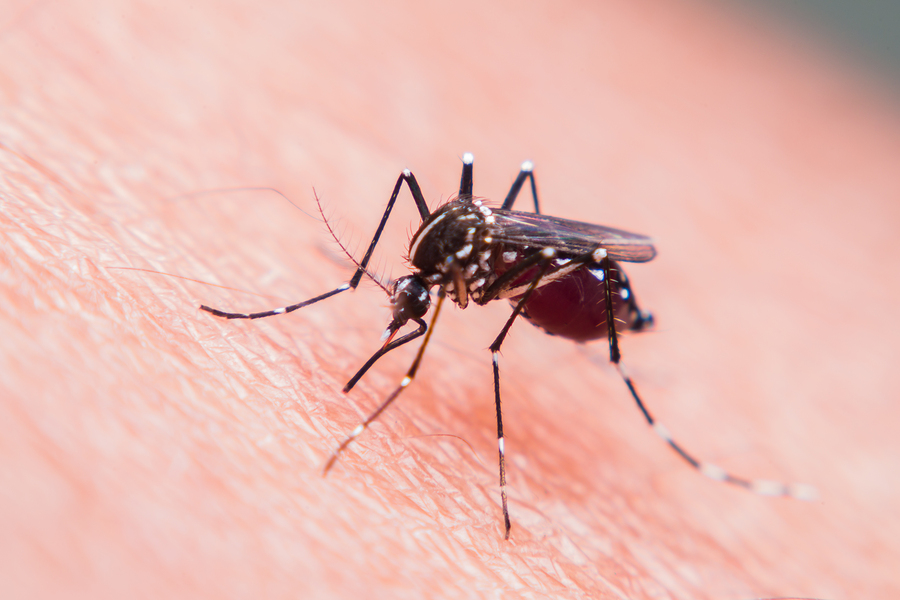U.S. to Screen All Blood Donations for Zika Virus

The U.S. Food and Drug Administration (FDA) has directed blood collection facilities to begin screening all donated blood and blood components for the Zika virus. Currently, Florida and Puerto Rico and a few other areas are already performing screening.
Though most people infected with Zika do not become ill or have a mild illness and recover fully, the infection can cause serious consequences for babies born to women who are exposed to the virus while pregnant, such as microcephaly (smaller than expected head) and other birth defects.
While no transmissions of Zika through blood transfusions have been documented in the U.S. to date, there have been four probable transfusion-related cases in Brazil. In 2014, during an outbreak in French Polynesia, nearly 3% of blood donors who had no symptoms tested positive for the virus, suggesting the risk of spreading Zika through blood transfusions.
Earlier this year, the FDA had advised that people at risk of Zika infection, such as those who had traveled to areas where Zika is active, be deferred from donating blood. This earlier guidance is now revised to include universal screening of blood donations to further reduce the risk of transmitting the virus through blood transfusions.
